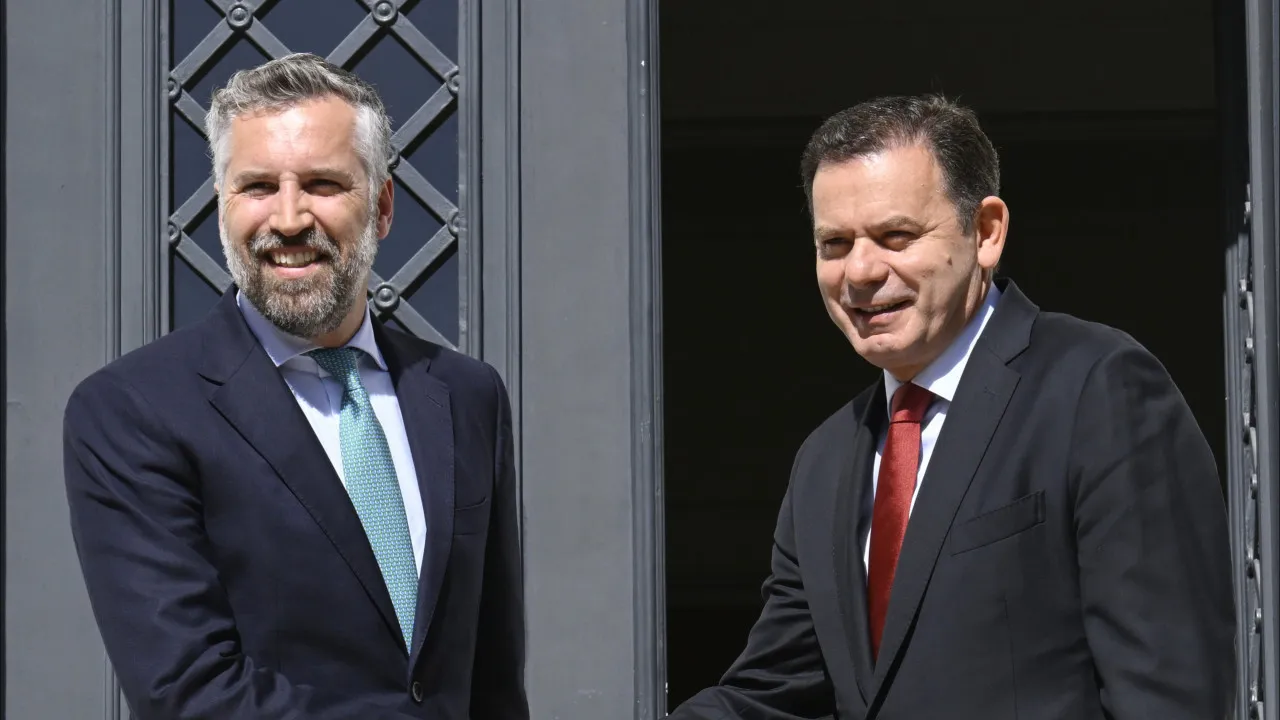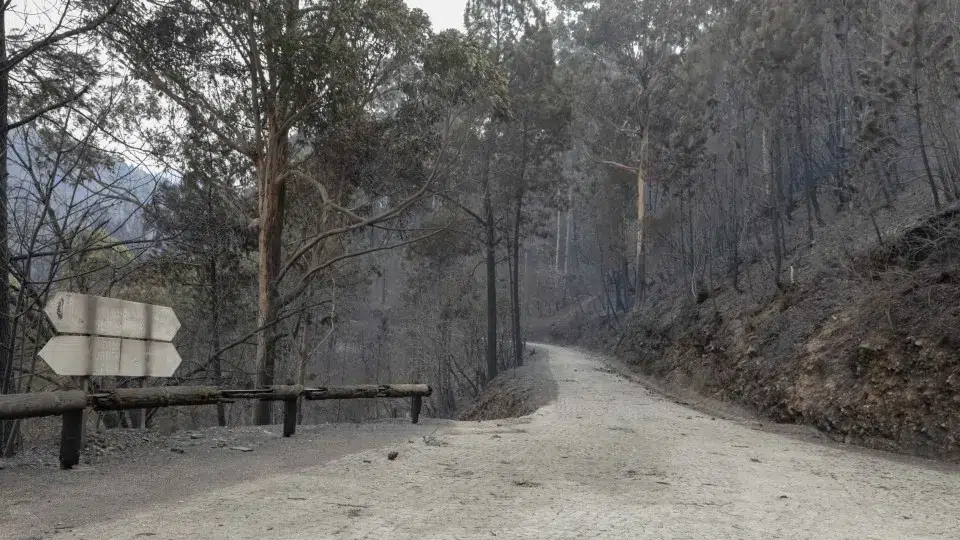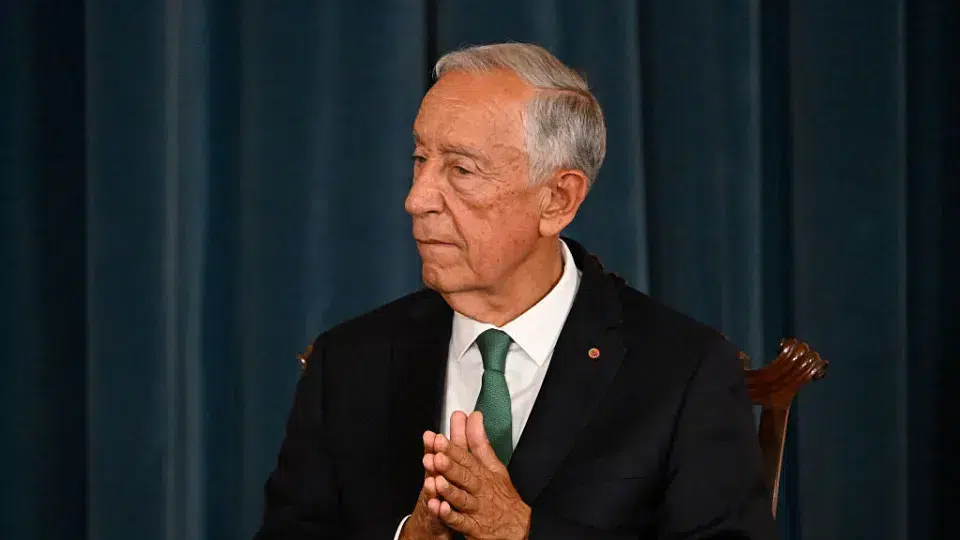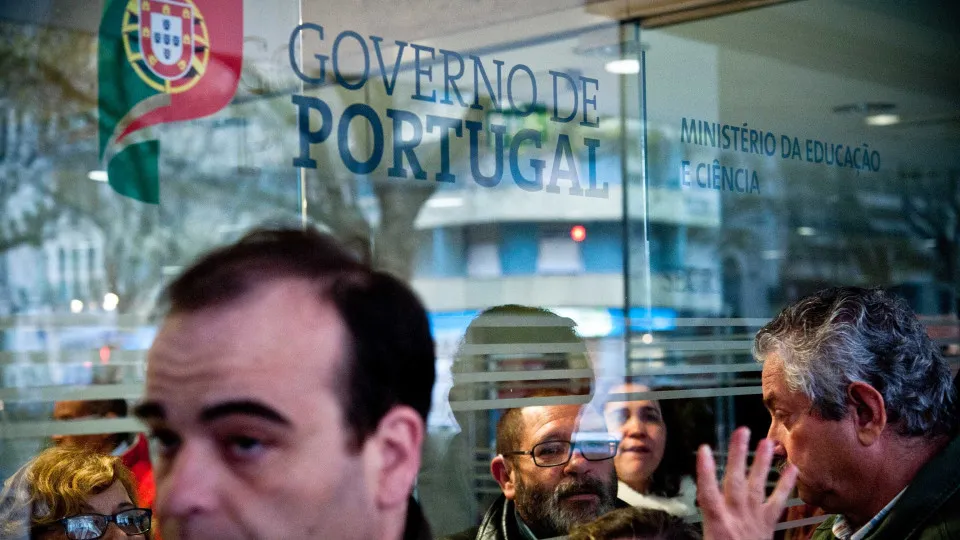
If legislative elections were held today, the AD, led by Luís Montenegro, would secure a victory with 34.8% of the votes. This data is from a poll conducted by Pitagórica for TVI/CNN Portugal, Jornal de Notícias, and TSF, indicating the largest growth for Montenegro compared to a previous survey.
The poll shows that the AD is leading with 34.8% of voting intentions for the May 18 elections, while the Socialist Party (PS), led by Pedro Nuno Santos, trails with 28.1%. Following them, Chega garners 15.2%, and the Liberal Initiative (IL) collects 7.4% of votes.
The Livre party amasses 4.4% of the votes in this poll, followed by the Left Bloc (BE) with 4.15% and the CDU with 3.5%. The PAN lags with 0.6% of voting intentions, slightly less than the ADN’s 0.7%.
This survey, released a day before a debate featuring Pedro Nuno Santos and Luís Montenegro, reflects an increase in voting intentions for both party leaders compared to the Pitagórica poll from March.
The AD’s support increased from 34.4% to 34.8%, while PS rose from 27.8% to 28.1%. Notably, the IL saw the most significant leap, increasing their support from 6% to 7.4%.
The political crisis began in February with a report by Correio da Manhã concerning Luís Montenegro’s family business, Spinumviva, which was then owned by his children and wife in joint property and subsequently transferred solely to their children. This raised concerns about the compliance with the conflict of interest regulations for public office holders.
Following more than two weeks of reports, including one from Expresso stating that the company Solverde paid a monthly fee of 4,500 euros to Spinumviva, two motions of censure against the government from Chega and PCP were both rejected. The PS announced plans to propose a parliamentary inquiry, leading the Prime Minister to call for a motion of confidence in the government on March 5.
This motion was rejected with opposing votes from PS, Chega, BE, PCP, Livre, and the sole PAN deputy, Inês Sousa Real, prompting the President of the Republic, Marcelo Rebelo de Sousa, to call for new legislative elections.




